Reiki
Reiki
Couldn't load pickup availability
Reiki is a form of alternative therapy that aims to balance the body's energy and promote healing. The word "Reiki" comes from the Japanese words "rei," which means "universal," and "ki," which means "life energy." The practice involves a practitioner using their hands to channel energy to the recipient, which is believed to help activate the body's natural healing processes.
The concept of Reiki is based on the idea that there is a universal life force energy that flows through all living things. When this energy is blocked or imbalanced, it can lead to physical, emotional, and mental imbalances or illness. The practice of Reiki aims to help balance the body's energy, allowing it to flow freely and promoting healing.
Reiki is often used to help alleviate stress and anxiety, promote relaxation, and improve overall well-being. Some of the potential benefits of Reiki include:
-
Reducing stress and anxiety: Reiki can help to calm the nervous system and reduce feelings of stress and anxiety. This can be particularly helpful for those who are experiencing chronic stress or anxiety-related conditions such as panic disorder or generalized anxiety disorder.
-
Boosting the immune system: Reiki is believed to help activate the body's natural healing processes, which can improve immune function and promote overall health.
-
Reducing pain and inflammation: Reiki may help to reduce pain and inflammation, making it a potential complementary therapy for conditions such as arthritis, fibromyalgia, and other chronic pain conditions.
-
Improving sleep: Many people report improved sleep quality and better overall sleep after receiving Reiki sessions.
- Enhancing spiritual growth: Reiki is often used as a tool for spiritual growth and self-improvement. It can help to promote a sense of inner peace and connection to oneself and the world around us.
Many people report significant benefits after receiving Reiki sessions. Reiki is generally considered safe and non-invasive, making it a potential complementary therapy for a wide range of health conditions. However it should not be used as a substitute for medical care, and anyone experiencing serious health issues should consult with a healthcare professional.
Share

Subscribe to our emails
Be the first to know about our updates!

